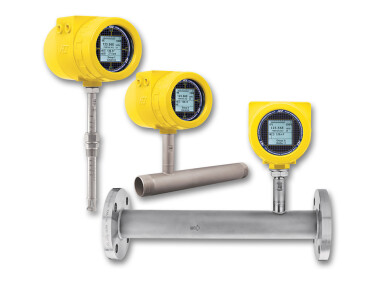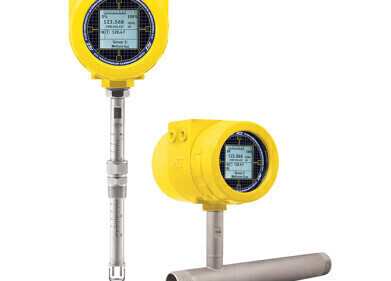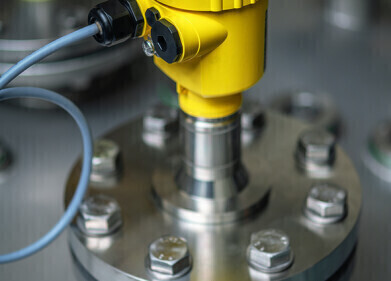Flow Level Pressure
Chinese Scientists Invent New Material for Oil Spill Clean-Up
Jul 10 2019
In a breakthrough that could safeguard the health of oceans and water sources around the world, a team of scientists from the Ningbo Institute of Materials Technology have developed an innovative new material capable of soaking up oil from water in a way that's fast, efficient and cost-effective.
Made from polypropylene, the material uses a honeycomb-style design to channel water through a series of foam tubes. Oil is captured and absorbed along the way, a process that takes just seconds. The findings were published in the Chemical Engineering Journal and explain how the team modelled the tubular structure of the material on honeycomb and used a rough surface to capture the oil.
"Inspired by nature, the biomimetic polypropylene (PP) foams with tunable hollow tubular structure, hierarchical porous structure and rough inner surface characteristics were designed and massively fabricated (with a speed exceed 0.5 m/s) via environment-friendly supercritical carbon dioxide (scCO2) continuous extrusion foaming," reads the abstract.
Combating the oil contamination crisis
While spills of Deepwater Horizon magnitude aren't regular occurrences, oil contamination is still a major issue, with thousands of spills a year recorded in the Unites States. Beyond extraction sites, oil and oil derivatives are used across a host of industrial activities and can pose a serious threat to local and regional water sources, especially when clean-ups aren't up to scratch.
Setting oil on fire is a common method for removing unwanted slicks, though it's not always effective and has a large environmental footprint. The new polypropylene absorbent solution marks an exciting breakthrough for the oil and gas industry and could help safeguard the health of water sources, wildlife and residents.
A new era for oil spill clean-ups
The development of the material follows the launch of a similar product developed by Argentine scientists. Known as a plasma-polymerized carbonaceous nanosponge, the ultra-sorbent powder is used to "selectively and efficiently adsorb hydrocarbons from water, with negligible water uptake.” In Texas, a pair of scientists have engineered an affordable natural cotton fibre fabric called Towelie, which can absorb up to 15 times its weight in oil. Already, Towelie is being used in the Permian Basin to clean up wellhead leaks and other minor spills.
Want to stay up-to-the-minute with the latest oil and gas industry developments? Spotlighting the importance of accuracy, versatility, traceability and security, 'The mass appeal of Coriolis flowmeters for custody transfer applications' offers expert commentary from David Bowers, Product Manager Pressure and Process Flow for ABB’s Measurement & Analytics department.
Digital Edition
PIN 25.5 Oct/Nov 2024
November 2024
Analytical Instrumentation - Picturing Viscosity – How Can a Viscometer or a Rheometer Benefit You? - Sustainable Grease Formulations: Evaluating Key Performance Parameters and Testing Method...
View all digital editions
Events
Dec 03 2024 Dusseldorf, Germany
Dec 08 2024 Anaheim, CA, USA
Turkey & Black Sea Oil and Gas
Dec 11 2024 Istanbul, Turkey
Dec 19 2024 Aurangabad, India
Jan 20 2025 San Diego, CA, USA



















